#it’s the liam kaz trope now
Explore tagged Tumblr posts
Text
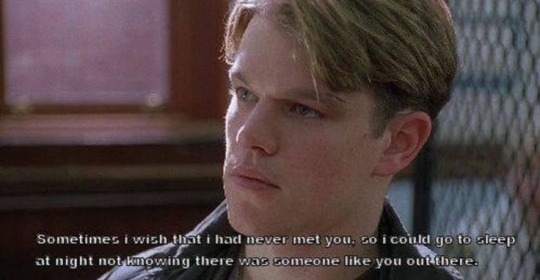
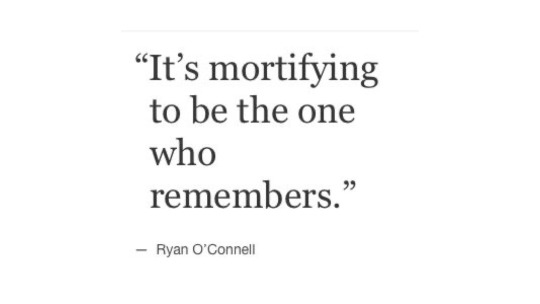
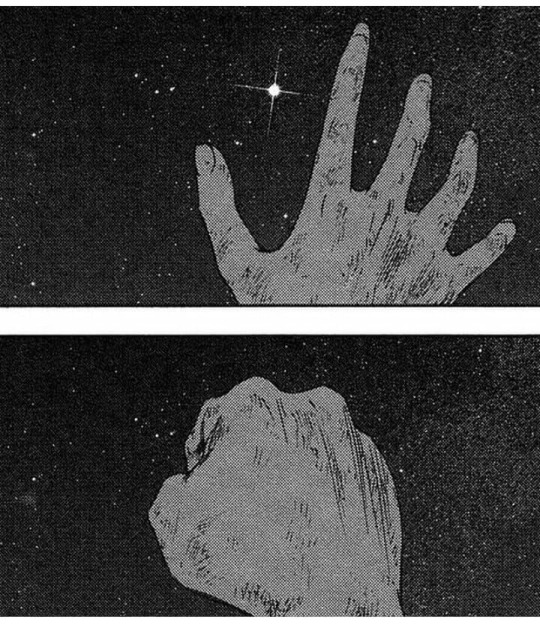
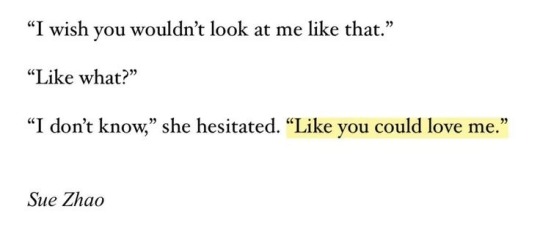
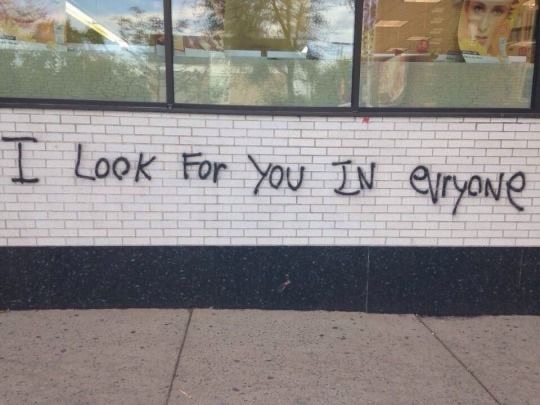
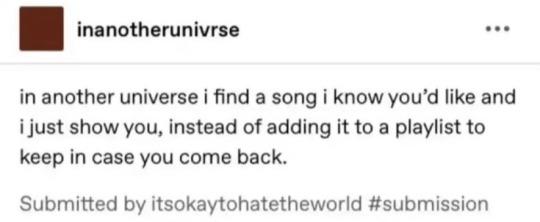
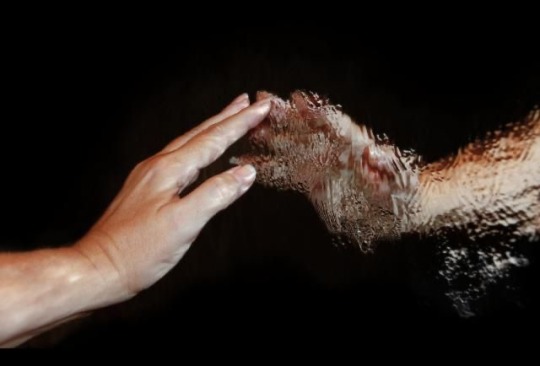
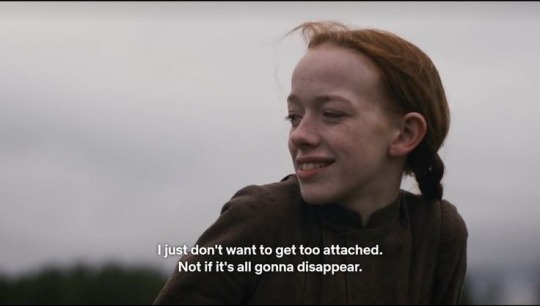
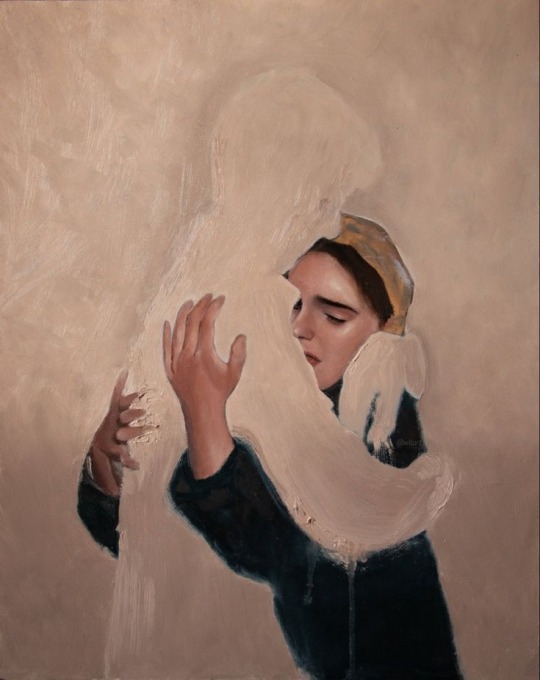
liam kaz on: meeting people in other universes
#this trope of meeting ppl you know who don’t know you doesn’t have a name that i can find but it’s so important to me#it’s the liam kaz trope now#that’s what im calling it#in another universe / are we ____ in other universes you are the ESSENCE of this story#lk. yellow string / musings & aesthetics
5 notes
·
View notes